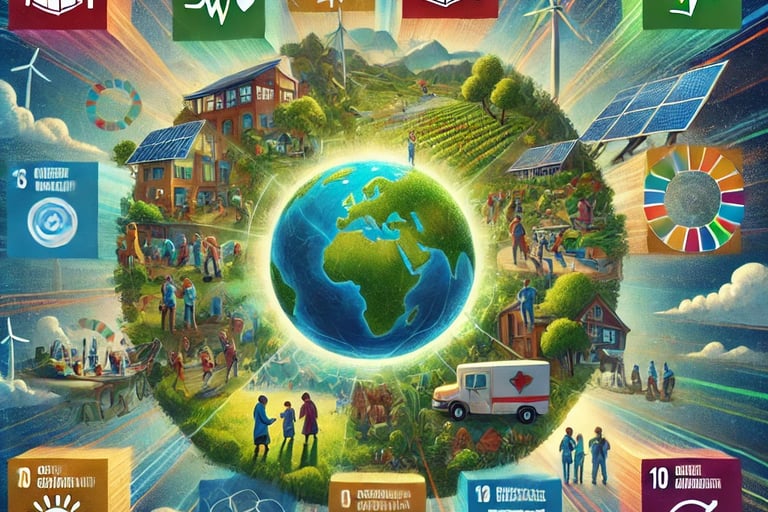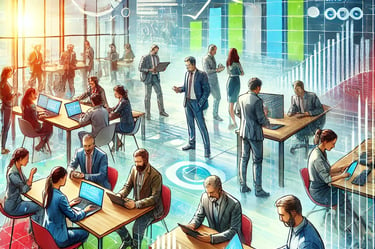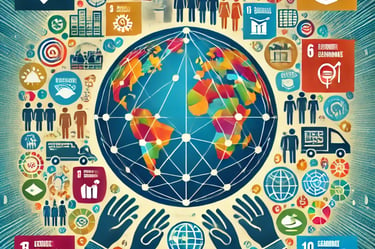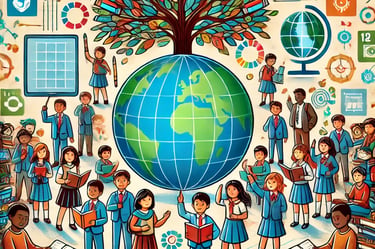







The Ile Ala Foundation, linked to the CTB group in Brazil, is an entity focused on social actions to combat social inequality and promote quality education. The foundation develops programs that offer everything from basic assistance to professional training, seeking to equalize opportunities for all. In the educational field, it invests in scholarships, teaching materials and teacher training, ensuring access to quality education for young people from underprivileged communities. In addition, it carries out community development projects, such as improvements in basic infrastructure and public health. The foundation also establishes strategic partnerships to expand its impact, operating with transparency and a focus on the sustainability of its actions.
SOCIAL FLAGS OF THE ILE ALA FOUNDATION











SDG 4
QUALITY EDUCATION
The Ile Ala Foundation can establish scholarship programs through partnerships that provide financial support to low-income students, enabling them to access quality education at reputable educational institutions.
SDG 8 - Decent Work and Economic Growth
Support free or affordable vocational training courses in areas of high demand in the labor market. These courses would help young people and adults develop skills that increase their chances of entering the labor market, reducing social inequality.
The Ile Ala Foundation can collaborate with local NGOs to develop projects that address specific needs of vulnerable communities. Such partnerships would help maximize social impact and promote sustainable development in underserved areas.
SDG 17
Partnerships for the Goals








SDG 10
Reduced Inequalities
Create mentoring programs where experienced professionals offer guidance to low-income entrepreneurs, helping them grow their businesses. Additionally, the foundation could provide microloans or grants to support these small entrepreneurs, promoting economic and social inclusion.


SDG 4
Quality Education
SDG 9: Industry, Innovation
and Infrastructure
Support literacy campaigns for young people and adults who have not had the opportunity to complete their basic education. These programs would be carried out in partnership with specialized NGOs, helping to combat illiteracy and promoting continuing education.
Support the development of distance learning platforms targeted at rural or hard-to-reach areas where educational infrastructure is limited. This may include providing internet access to students in these regions, ensuring they have the same educational opportunities as urban students.


SUBSCRIBE
Subscribe to our newsletter and be the first to know about the latest international market news.

